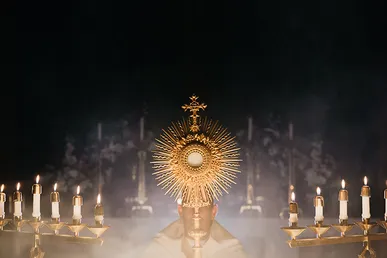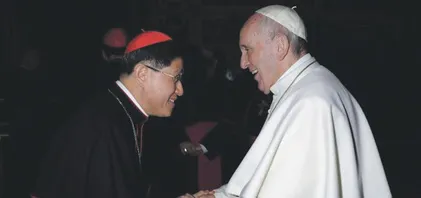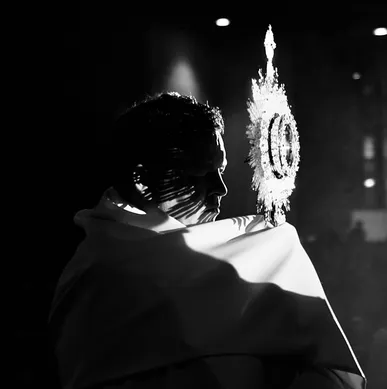
evangelicals & catholics
Paradigm shift?

Leonardo De Chirico
It was the historian Paolo Prodi (1932– 2016) who coined the expression ‘Tridentine paradigm’ to indicate the set of identity markers that emerged from the Council of Trent (1545–1563) and which shaped the Catholic Church for centuries, at least until the second half of the 20th century.
Prodi explored the self-understanding of the institutional Church of Rome which, in the wake of and in response to the ‘threat’ of the Protestant Reformation, closed hierarchical and pyramidal ranks up to the primacy of the Pope. The Church consolidated its sacramental system, regimented the Church in rigorous canonical forms and parochial territories, and disciplined folk devotions and the control of consciences. It promoted models of holiness to involve the laity emotionally and inspired artists to celebrate the new vitality of the Church of Rome in a memorable form.

evangelicals & catholics
Who might be the next pope?

Leonardo De Chirico
When the reigning pope creates new cardinals, it is because he is thinking not only of the Roman Catholic Church of today but, above all, that of tomorrow.
Cardinals are those who, in addition to assisting the pope with governing the universal Church, meet in conclave and elect the successor once the reigning one has died or, as in the case of Pope Ratzinger, resigns.

evangelicals & catholics
A Roman stop after a Catholic push

Leonardo De Chirico
Roman Catholicism can seem to be a pairing of contradictions. It is both Catholic (inclusive, welcoming, absorbing) and yet at the same time it is Roman (centralised, hierarchical, institutional).
The former characteristic gives it its fluidity, the latter its rigidity. Certainly there are historical phases in which the Catholic prevailed over the Roman and there are different combinations in the way the two qualities are intertwined with each other.
Rome & Mary: Fresh clarity, or further confusion?
"Roma locuta, causa finita est!" ("Rome has spoken, the issue is over").
This phrase taken from Augustine (Sermo 131.10) has often been used to highlight the solidity of the Roman Catholic authority structure and the finality of its decision-making process. Well, forget it.
After the Note of the Vatican Dicastery for the Doctrine of the Faith “Mater Populis Fidelis” (4 Nov), Rome has spoken (yes), but in doing so, is seemingly contradicting what was authoritatively said earlier, thus leaving the issue an open-ended one.